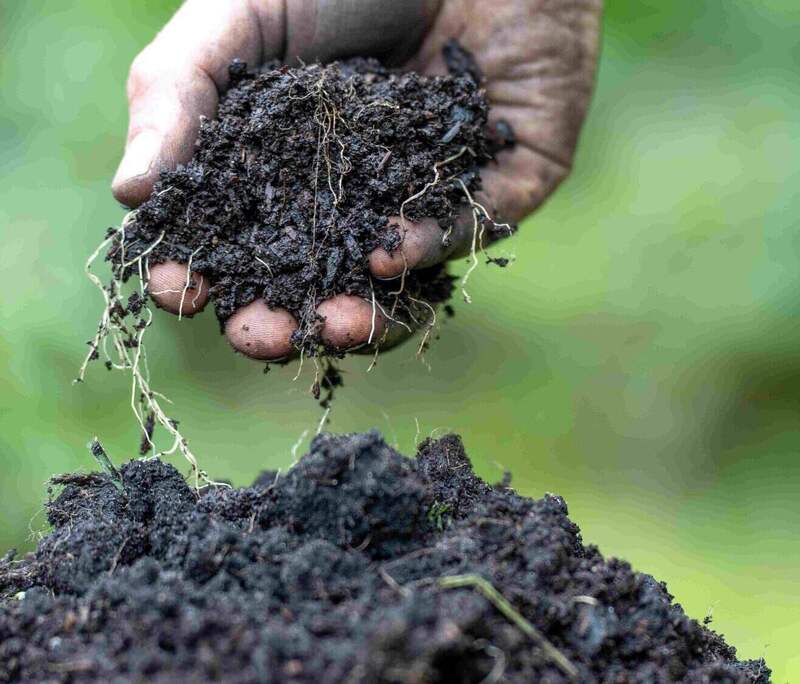Soil Carbon Methodology rewards farmers for sustainable practices

FoodChain ID and ReSeed have devised a methodology for carbon market initiatives.
The Soil Carbon Methodology rewards farmers not only for maintaining existing soil organic carbon built through sustainable farming practices, but also for the removal and storage of additional carbon dioxide emissions by soils.
The Soil Carbon Methodology is the first program on the market to offer these two key benefits, while also making voluntary carbon markets accessible for vulnerable and small farmers to scale agriculture climate initiatives worldwide.
The global sustainability certifiers say that following their partnership announcement in November 2023, FoodChain ID and ReSeed have sought to increase transparency in the measurement and verification of regenerative agriculture practices for the agri-food supply chain. With a carbon credit verification standard at the centre of the collaboration, ReSeed and FoodChain ID say they “incentivise, measure and verify” the progress of carbon sequestration and storage through regenerative agriculture practices.
Dr. Ruud Overbeek, senior vice president for corporate development and strategic relationships at FoodChain ID notes the partnership with ReSeed has recently shown successful verification of conservation at the farm level to combat Amazon deforestation.
“This demonstrates that practices of sustainable farming can not only be measured, but also incentivised. Carbon credit accessibility is providing tangible benefits to farmers, who require financial support to invest in sustainable farming practice,” Overbeek explains.
The new ReSeed Soil Carbon Methodology embraces the latest scientific innovations for soil organic carbon stock measurement at scale.
According to Vasco van Roosmalen, CEO at ReSeed, the application of the methodology will be made possible through ReSeed’s Digital Climate Impact Platform and the results will be validated and verified by FoodChain ID to ensure “scientific rigour, consistency and transparency in project quantification methods, while also accommodating implementation across diverse geographies and farm operations.”
The Methodology is benchmarked against legacy carbon methodologies like VERRA’s VM0042. Soil carbon projects will undergo annual independent verification by FoodChain ID.
The ReSeed Soil Carbon Methodology offers benefits to farmers and addresses greenhouse gas emissions by promoting soil health as a fundamental principle. The ReSeed Soil Carbon methodology does not exclude farmers based on farm size or location.
Emily Urban Cordeiro, PhD, sustainability technical director at FoodChain ID and soil expert comments: “In partnership with ReSeed, we are leading carbon market innovation by recognising the importance of farming systems. The partnership recognises and rewards farmers for their existing carbon assets, whether in soils or trees, as well as their ongoing achievements in sequestration.”
Related content
Source: foodanddrinktechnology.com

